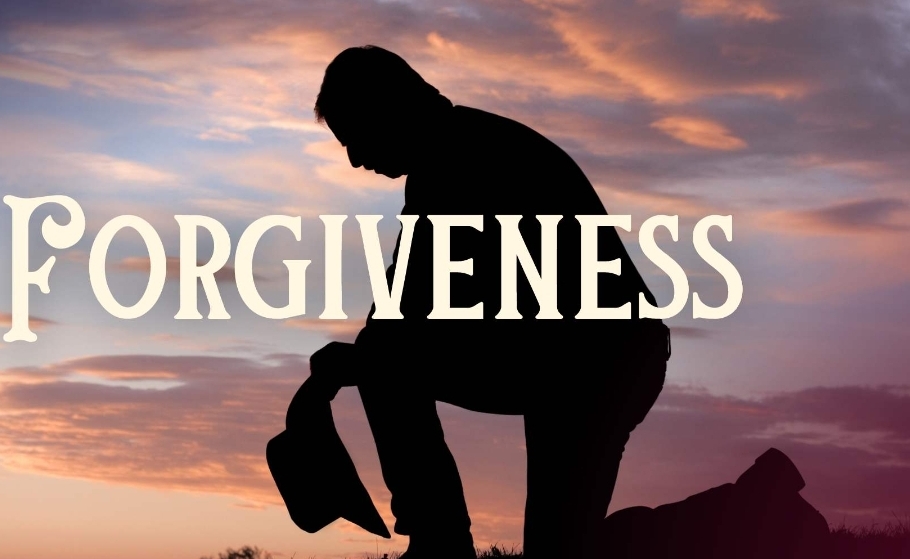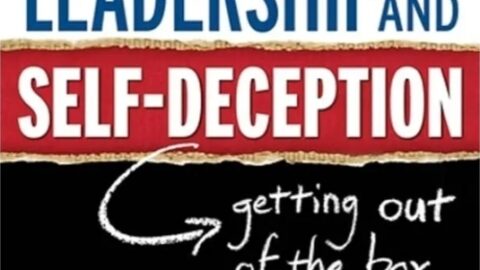Forgiveness: A Bridge to Growth, Wisdom, and Strong Relationships
Forgiveness is not just a moral or spiritual act—it is an essential practice for emotional health, intellectual maturity, spiritual alignment, and relational strength. It transcends being a mere reaction to wrongdoing and becomes a lifelong discipline. Through the teachings of Christ, Maya Angelou, Malcolm X, Will Rogers, Martin Luther King Jr., and Mahatma Gandhi, we see forgiveness as an interconnected bridge to better relationships, personal growth, and societal progress.
The Spiritual Mandate of Forgiveness
“We forgive because Christ asks us to.”
- In Matthew 6:14-15, Christ teaches that forgiveness is not optional but essential for spiritual alignment.
- Forgiveness is a divine principle that frees the soul from resentment and restores a sense of peace and purpose.
- When we forgive, we mirror God’s grace and mercy, creating a bridge between spiritual alignment and human relationships.
“Forgiveness is not an occasional act. It is a permanent attitude.” — Martin Luther King Jr.
- Forgiveness isn’t something we do once—it must become a habitual response to conflict and hurt.
- By maintaining a forgiving attitude, we prevent bitterness from taking root in our hearts.
- A permanent attitude of forgiveness creates space for growth, resilience, and trust in our relationships.
Bridge to Growth: When forgiveness is practiced consistently, it becomes the fertile ground for emotional and spiritual maturity.
Forgiveness and Emotional Healing
“We forgive because it relieves us of guilt and negative feelings. It helps us.”
- Unforgiveness creates a prison of anger, bitterness, and guilt that traps us emotionally and mentally.
- When we forgive, we let go of emotional burdens and regain clarity and peace of mind.
- Forgiveness is not about letting someone “off the hook”; it’s about freeing ourselves from being emotionally imprisoned by their actions.
“The weak can never forgive. Forgiveness is the attribute of the strong.” — Mahatma Gandhi
- Forgiveness is not weakness but a demonstration of strength, courage, and resilience.
- It takes inner strength to face hurt, process it, and let it go without harboring resentment.
Bridge to Relationships: Emotional healing through forgiveness strengthens our capacity to love, trust, and grow closer to others.
The Role of Grace and Growth in Forgiveness
“We forgive loved ones because of grace and mercy. We forgive others because they are growing.”
- Grace and mercy are unearned gifts we give to others, just as God gives them to us.
- People are constantly evolving—their knowledge, emotional capacity, and behaviors change over time.
- Holding onto past mistakes keeps both the offender and the forgiver stuck in the past, preventing growth.
“People are doing the best they can with the knowledge they have. People are not the same people as they were 20 years ago and hopefully even 2 weeks ago.”
- People grow with time, reflection, and learning.
- To expect someone to behave with wisdom they haven’t yet acquired is both unfair and unrealistic.
“Do the best you can until you know better. Then when you know better, do better.” — Maya Angelou
- Forgiveness recognizes that people are on a journey of growth.
- Grace allows people to learn from their mistakes without the crushing weight of shame or guilt.
Bridge to Compassion: Understanding others’ growth processes helps us respond with empathy and patience instead of judgment and condemnation.
Learning and Avoiding Repetition of Mistakes
“Don’t be in a hurry to condemn because he doesn’t do what you do or think as you think or as fast. There was a time when you didn’t know what you know today.” — Malcolm X
- Growth takes time, and everyone moves at their own pace.
- Patience and humility remind us that we were once ignorant too, and forgiveness allows us to give others space to grow.
“There are three kinds of men. The one that learns by reading. The few who learn by observation. The rest of them have to pee on the electric fence for themselves.” — Will Rogers
- Forgiveness aligns with wisdom. Some lessons are learned the hard way through painful experiences, while others are learned through reading and observation.
- Forgiveness encourages us to reflect on past mistakes and grow from them instead of repeating them.
“I want to be the one, including my family (my kids and posterity), and everyone to be the ‘one’ to learn by reading.”
- Forgiveness isn’t just personal—it’s generational.
- By modeling forgiveness, patience, and growth, we pass down wisdom to our children and future generations.
Bridge to Legacy: Forgiveness ensures that lessons are learned and passed down, preventing the repetition of unnecessary suffering.
The Permanent Posture of Forgiveness
Forgiveness is not about denying wrongdoing or excusing harmful behavior. It is about:
- Freeing yourself from emotional chains.
- Allowing space for growth, reflection, and reconciliation.
- Cultivating emotional and spiritual strength.
- Preventing cycles of repeated mistakes.
“Forgiveness is not an occasional act. It is a permanent attitude.” — Martin Luther King Jr.
- A permanent attitude of forgiveness transforms relationships, families, and communities.
- It replaces bitterness with peace, resentment with compassion, and anger with understanding.
Bridging the Concepts Together
- Spiritually: We forgive because it’s a divine command and aligns us with God’s will.
- Emotionally: Forgiveness releases negative emotions and prevents bitterness.
- Relationally: It fosters trust, intimacy, and meaningful relationships.
- Intellectually: Forgiveness enables growth and wisdom, reducing repeated mistakes.
- Generationally: Forgiveness sets an example for our children and future generations.
Key Takeaway: Forgiveness is not weakness but strength in action. It is not passive but active healing and growth.
Final Reflection
- Forgive because Christ asks you to.
- Forgive because it frees you emotionally and spiritually.
- Forgive because people are growing and learning.
- Forgive because wisdom allows us to avoid unnecessary suffering.
Each quote—from Maya Angelou, Malcolm X, Will Rogers, Martin Luther King Jr., and Mahatma Gandhi—highlights a different facet of forgiveness. Together, they weave a narrative of growth, strength, and wisdom, showing that forgiveness is not just about others—it’s about ourselves, our families, and our legacy.
In the end, forgiveness isn’t about forgetting—it’s about freeing yourself to live fully, love deeply, and grow continually.







